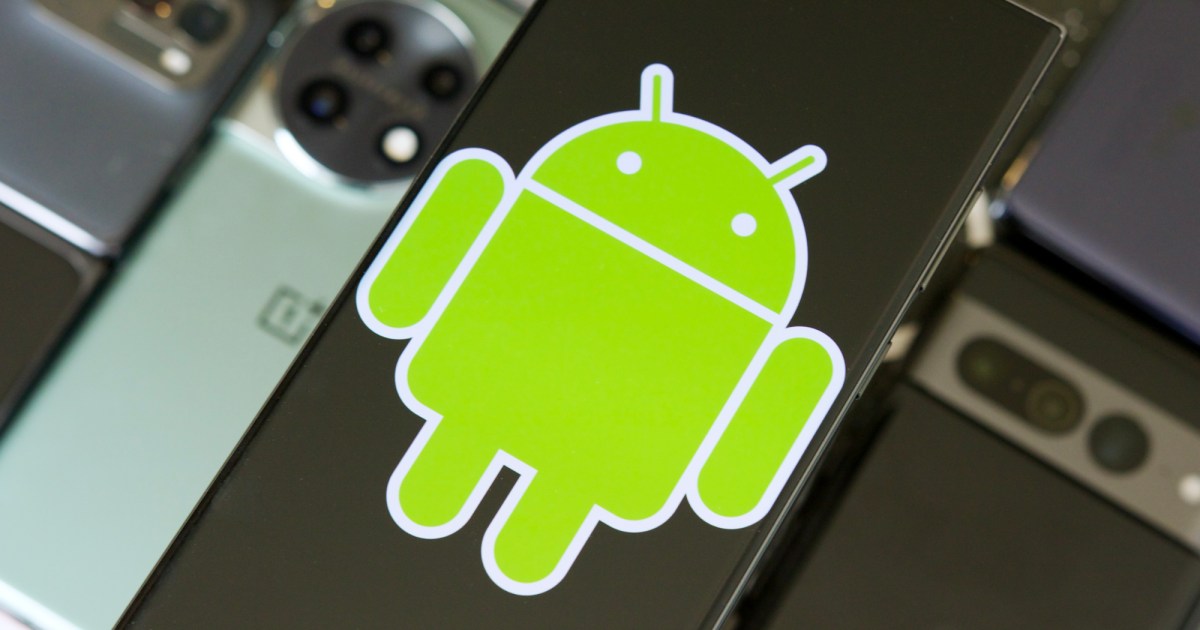Android updates are one of the most inconsistent things about being an Android phone user. It’s gotten better over the years, and generally, if you’re a Google Pixel or Samsung flagship owner, you can usually count on getting the latest updates at reasonable speed. The story is a little different if you own a phone in the midrange or budget lineup with an older chipset, let alone one that’s running on an Exynos or MediaTek processor. In that case, you might count on getting one or two big updates if you’re lucky, and probably not anything beyond that except maybe security updates.
It’s definitely a big problem that contributes to fragmentation and makes the Android experience less appealing compared to Apple, where you can generally rely on your phone getting the latest update for seven years, even if it may not get all the features. Fortunately, in a recent interview with Android Authority, a Qualcomm executive confirmed that it’s taking steps to ensure OEMs have an easier time updating their devices.
“One of the things we’ve been working on for the past several years with Google and with the OEMs is to change the structure of inline code — to kind of change the machinery for how we do those updates,” said Chris Patrick, SVP and General Manager of Handsets at Qualcomm. The idea behind this is to reduce the bottlenecks OEMs face trying to roll updates out to older devices.

“It is very complicated for a customer — an OEM — to get security updates, to get Android version updates, and then get it to every end user,” said Patrick. “It’s actually very expensive and very complicated.”
According to Qualcomm, the code optimization has actually been happening for years, but the company will make an official announcement about the changes later this year. It’s unlikely this optimization will be a golden bullet that solves Android software fragmentation entirely, but it’s good to see Qualcomm attempting to address the issue, even if, as it says, is not the main culprit for the issue.
It’s unclear what the timeline for this announcement will be, but Android Authority points out that in 2024, we have IFA Berlin in September and the Snapdragon Summit in October. The latter event would line up with Samsung’s launch of the Snapdragon 8 Gen 4. It would make perfect sense for Qualcomm to announce something on the software side after unveiling a new chipset. We’re likely to get more insight about the changes as we get closer to the fall.

